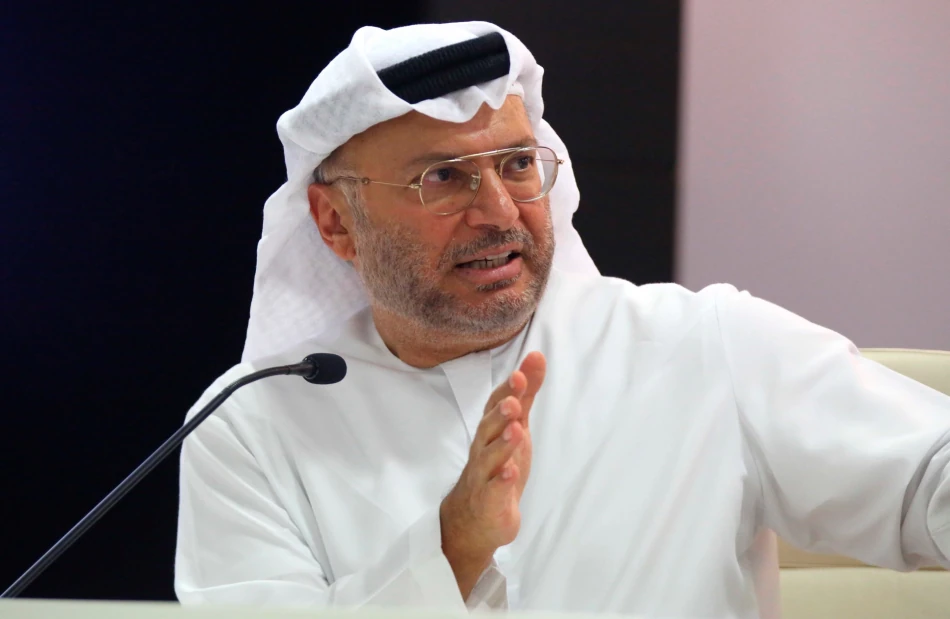
Anwar Gargash Advocates for Palestinian Statehood as Path to Two-State Solution
UAE Pushes Palestinian Statehood Recognition as UN Assembly Approaches
The UAE is backing a major diplomatic push for Palestinian statehood recognition at the upcoming UN General Assembly, positioning the move as a way to counter Israeli occupation and revive the two-state solution. Dr. Anwar Gargash, diplomatic advisor to the UAE President, says recognizing Palestine would give legitimacy to Palestinian national rights while blocking attempts to cement occupation or create a one-state reality.
The Diplomatic Strategy Behind the Push
Gargash's statement on X signals the UAE's approach to the Palestinian issue has shifted since the Abraham Accords normalized relations with Israel in 2020. Back then, the UAE suspended annexation plans for the West Bank. Now they're taking a more assertive stance on Palestinian rights.
The timing matters. The UN General Assembly session comes as Israel continues its military operations in Gaza and expands settlements in the West Bank. Several European countries have already recognized Palestinian statehood this year, including Spain, Ireland, and Norway.
What Recognition Actually Means
Palestinian statehood recognition is largely symbolic since Palestine lacks full control over its territory. But symbols carry weight in international politics. Recognition can:
• Give Palestinians more legal standing in international courts
• Put pressure on Israel through diplomatic isolation
• Create momentum for other countries to follow suit
• Strengthen Palestinian negotiating position in future talks
The UAE's Balancing Act
The UAE finds itself walking a tightrope. They want to maintain their strategic partnership with Israel while addressing Arab public opinion on Palestine. The Abraham Accords brought significant economic and security benefits, but the Gaza war has made that relationship politically costly.
This Palestinian recognition push lets the UAE show Arab solidarity without breaking ties with Israel. It's classic Emirati diplomacy – pragmatic and calculated.
Regional Context and Pressure
Saudi Arabia has made Palestinian statehood a condition for normalizing relations with Israel. The UAE's position aligns with this broader regional stance, even as they maintain their existing Israeli ties.
The war in Gaza has also shifted public opinion across the Arab world. Gulf states that moved closer to Israel now face domestic pressure to support Palestinian rights more actively.
The Two-State Solution's Last Stand
Gargash's emphasis on the two-state solution reflects growing concern that this option is disappearing. Israeli settlement expansion and the current government's policies have made a contiguous Palestinian state increasingly difficult.
The "one-state reality" Gargash warns against would mean either apartheid-like conditions for Palestinians or the end of Israel as a Jewish-majority state. Neither option appeals to regional powers seeking stability.
What Happens Next
The UN General Assembly can't force countries to recognize Palestine, but a strong showing would increase diplomatic pressure on holdouts. The US and most European countries still don't recognize Palestinian statehood.
For the UAE, this represents a careful recalibration rather than a dramatic policy shift. They're trying to preserve their Israeli relationship while addressing Palestinian concerns and regional pressures.
The real test will be whether this diplomatic push translates into concrete progress toward Palestinian statehood or remains another round of symbolic gestures that change little on the ground.
Most Viewed News

 Sara Khaled
Sara Khaled






